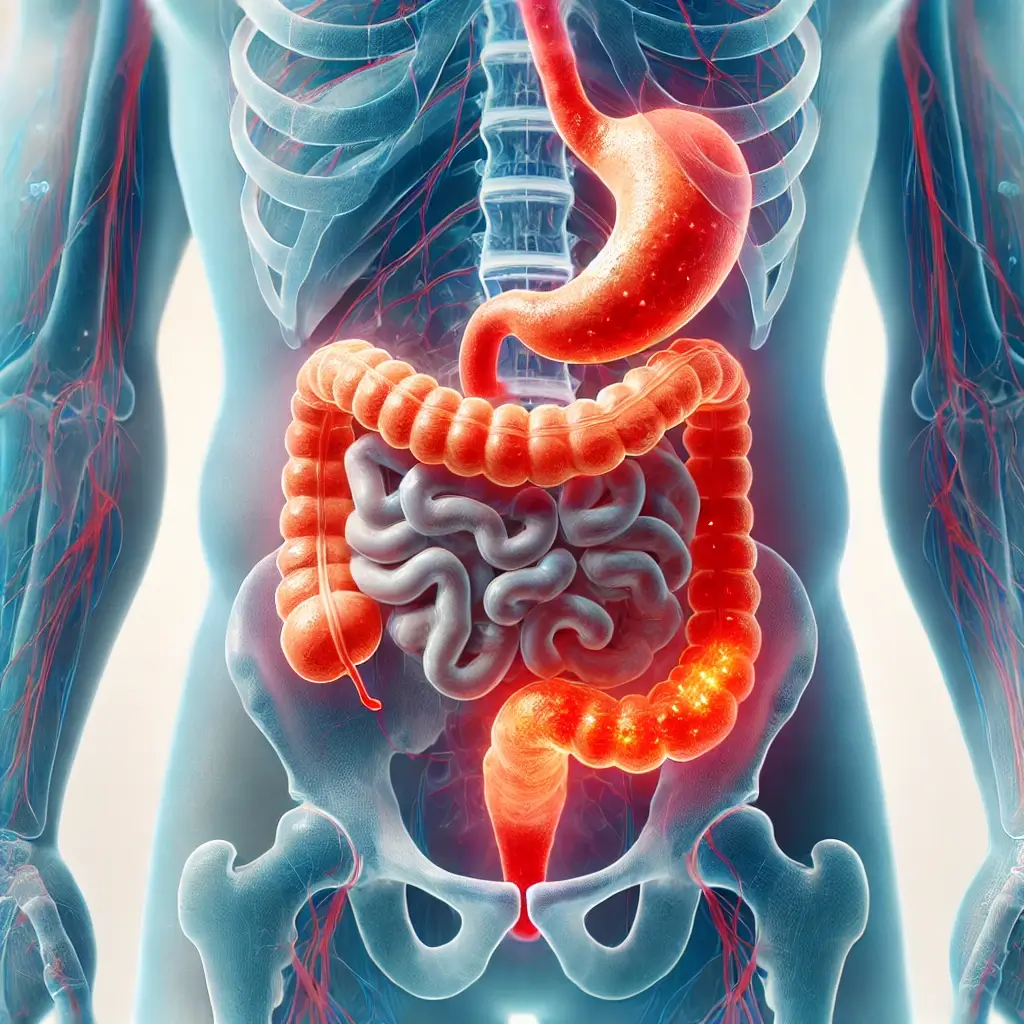Navigating Crohn’s Disease: Expert Insights on Symptoms, Treatments, and Lifestyle Changes
Understanding Crohn’s Disease
Crohn’s disease is a chronic inflammatory bowel disease (IBD) that causes inflammation in the gastrointestinal tract. This inflammation can affect any region of the digestive tract, from the mouth to the anus, but is usually found in the small intestine and colon.
Common Symptoms and Complications
Symptoms of Crohn’s disease vary and may include abdominal pain, diarrhea, and weight loss. Chronic inflammation can lead to complications such as intestinal strictures, malnutrition, fistulas, and abscesses.
Causes and Risk Factors
The exact cause of Crohn’s disease is unknown, but factors such as immune system dysfunction, genetics, and environmental factors are believed to play a role in its development.
Treatment Options for Managing Symptoms
While there is no cure, treatments can help manage symptoms and reduce inflammation. These include medications, dietary changes, and lifestyle modifications. In severe cases, surgery may be necessary.
Diet and Lifestyle Management
Identifying and avoiding dietary triggers is crucial. Working with healthcare providers to create a personalized meal plan and stress-reduction strategies can help manage symptoms and improve quality of life.
Living with Crohn’s Disease
Although challenging, many people with Crohn’s disease can lead active lives with proper treatment and lifestyle adjustments. Regular communication with healthcare professionals is essential for effective long-term management of Crohn’s disease.
Additional Resources
For more information, visit the National Institutes of Health website or the Crohn’s and Colitis Foundation. If you experience symptoms, consult a doctor for an accurate diagnosis and personalized treatment plan.
